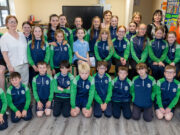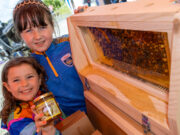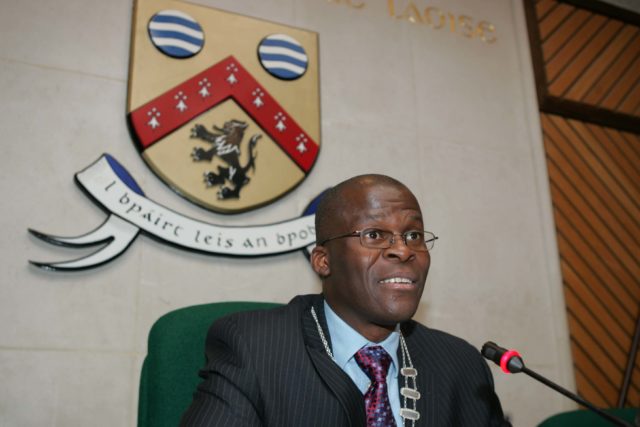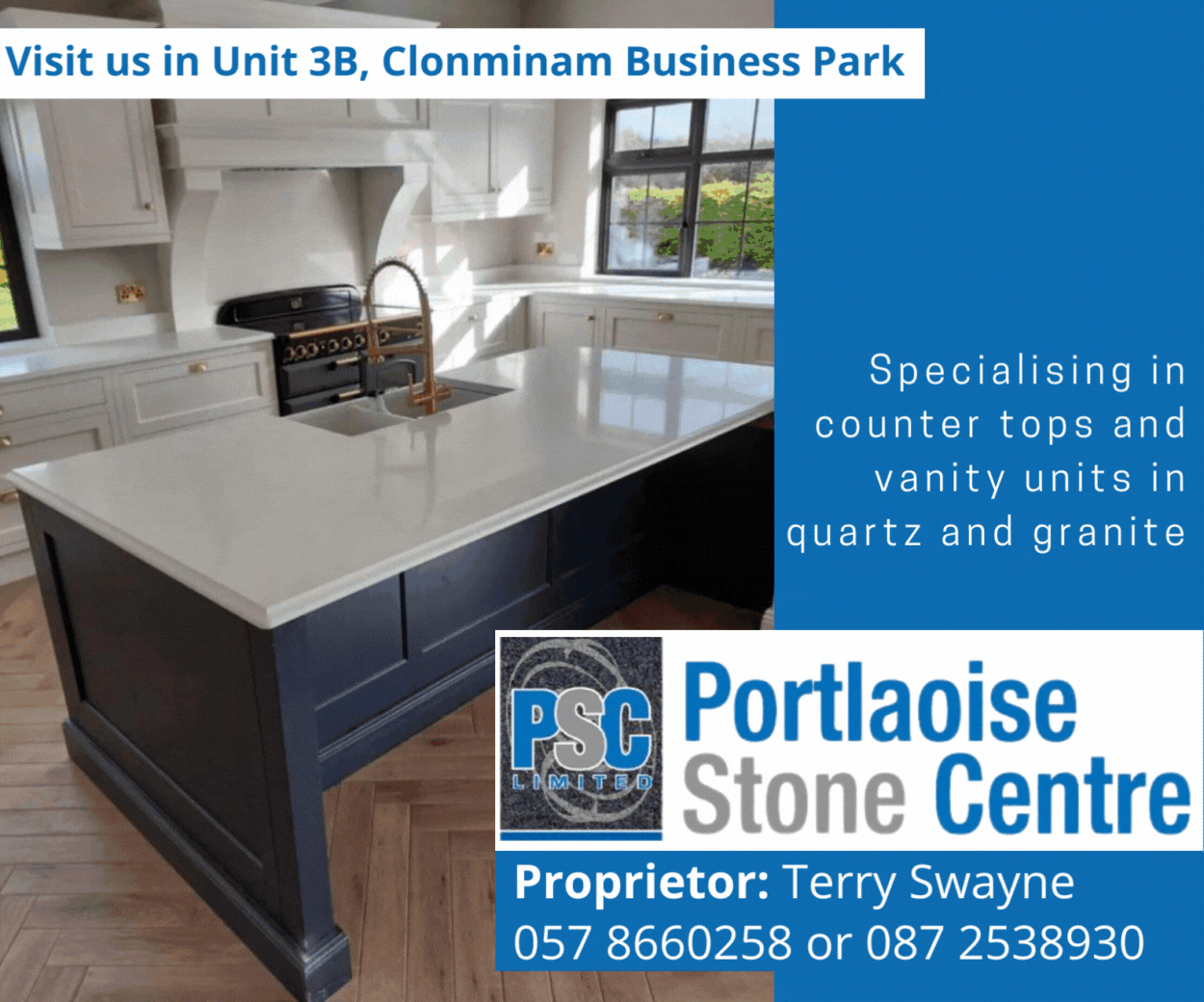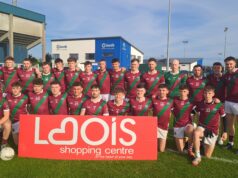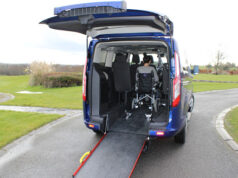When Nigerian-born Rotimi Adebari was elected as Mayor of Portlaoise in 2007 he made headlines all over the world.
As the first black mayor in Ireland his story attracted interest from both the Washington Post and Time magazine. Having been elected to the old Portlaoise Town Council in 2004, just four years after he arrived in Ireland as an asylum seeker, he spent ten years as an elected representative as both a Town Councillor and County Councillor
And last week he said he was ‘honoured’ to be asked to launch a new ‘Community of Belonging’ initiative in Portlaoise which has been organised by the Laois Education Centre and supported by the National Teaching Council.
The report noted that there are 90 different nationalities living in Portlaoise, speaking 50 languages and practising 22 different religions. A number of initiatives have been proposed to implement best practice in multicultural education in the town.
“I consider this a great honour to launch this important report,” said Rotimi on the webinar, saying that the development was a “fantastic initiative”.
Rotimi told the webinar that he is now 21 years in Ireland. After converting from Islam to Christianity he fled Nigeria with his wife and two young children and though his asylum application was rejected, he gained residency because his third child was born in Ireland. The family later welcomed a fourth child.
Speaking last week he referenced “people I have had the privilege and opportunity to come across in my 21 years that I will never forget”.
However, he also spoke of his early struggles, particularly in finding work and recalled one job interview when he was told the company hiring were looking for “a local”.
“I was able to tick all the three requirements (they were looking for),” he said. “But lastly and preferably they said a local. At that point in time, I couldn’t describe what they meant by a local. How do you describe local?
“The best answer they could give was ‘local as in local’. I thought, I’m in this country two years. I’ve been a local person for these two years, well integrated. I walk with the Portlaoise Tidy Towns. I’m a member of this voluntary group, a member of that group.
“An Irish friend of mine said … ‘your definition of local is not what they’re looking for. They are looking for white Irish.’
“They knew this not a typical Irish name. I got an interview (but) three days later I got a letter in the post saying ‘sorry but we’ll keep your application on file’.
“That was a turning point in my job search. I need to do something here.
“My children grow up here. This is a home for them. I am here for the long run. I need to make myself relevant, make myself acceptable.
“How do you change people’s perceptions? It is only by educating them. Ireland has changed. The key to integration is education. Go out there, tell people where you are from. Talk about your culture.”
He began by giving presentations in school on inter-culturalism and while that was a voluntary pursuit at first, he soon realised it was a niche business.
He studied for a masters in inter-culturalism in DCU, presented a radio show on Midlands 103 called Respecting Difference and was later elected to Portlaoise Town Council in 2004 and to Laois County Council in 2009.
Now he continues to run his own consultancy – based in Portlaoise though he does work all over the country – specialising in cross cultural dialogue, capacity building and leadership and diversity training.
In the early 2000s his son was one of the only black children in St Paul’s primary school in Portlaoise and while his son found that difficult at the time, the then principal Des Sutton was a huge influence.
“My son came home and said ‘Why can’t I be white’. I thought this is a tough one. I said to him ‘you cannot be white. Black is what you are and you continue to be.
“I know why you are asking the question. I said – the reason why you’re asking is you are one in midst of over 300 students in school.
“I took him back to when we were back in Nigeria. How many students were in your class? 32. Out of that 32 how many white? None. Assuming you had one white person in 500, he too will feel different. It’s just a colour difference. Same blood that flows in your veins as in each of them.
“The passion that you have for things, the same passion that each and every human being have for things.
“Our culture provides us with a lens to which we see the world. That is why I see things differently here and in new community.
“When there is intercultural training it is a brilliant idea.
“I can tell you the support I had from like of Des is what entrenched my interest in interculturalism.”
Rotimi also praised Liam O’Neill, who is vice-chairman of Laois Education Centre, who extended one of the first official invitations in 2007 to watch Laois play Dublin in Croke Park. At the time O’Neill was chairman of Leinster GAA and would later go on to serve as GAA president.
“Unfortunately we lost to Dublin but Liam was so proud of what the country had achieved. I say thank you to Liam for that.”
And he also had a word for Peter O’Neill who is both chairman of Laois GAA and Laois Partnership and said that having bodies like that as well as Laois County Council and Laois Sports Partnership “adds a lot of credence”.
As well as that he spoke of the importance of “ensuring the diversity we have in the town is celebrated” and the “bottom up approach is the best way of getting things achieved”.
SEE ALSO – Impressive young Laois people set to feature in brand new Podcast series


